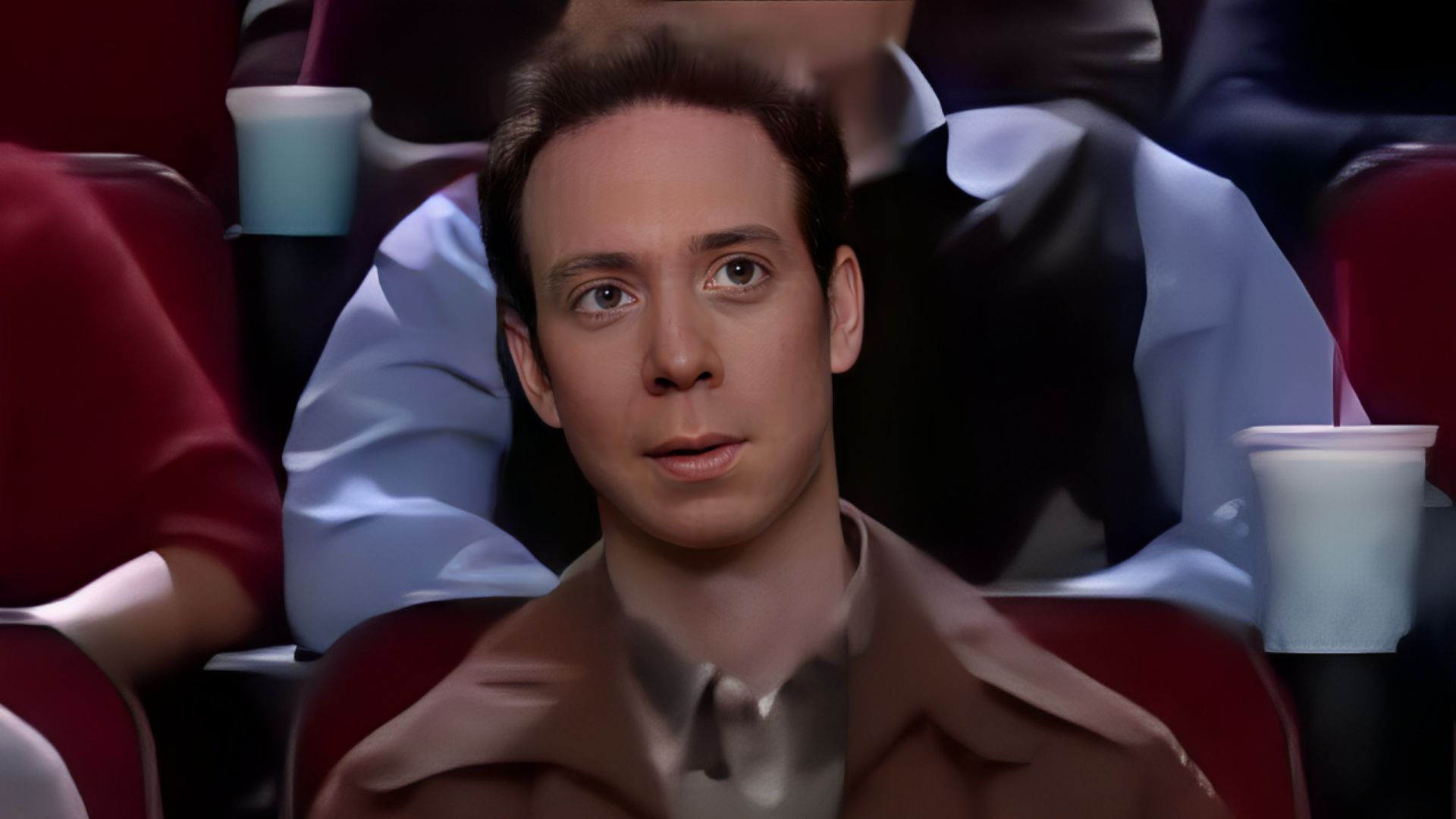For nearly two decades, The Big Bang Theory franchise has been part of the family at CBS's primetime lineup, but the new spinoff, Stuart Fails to Save the Universe (SFTSU), threatens to break that mold.
In contrast to its predecessors, all of which were broadcast on CBS, SFTSU will only be streamed on Max, a major move away from the brand. The development ends an 18-year tradition that has characterized the series and its spinoffs, such as Young Sheldon and Georgie & Mandy's First Marriage.
The move indicates the increasing popularity of streaming services and Warner Bros.'s plan to make Max's content offerings more robust. The transition is a corporate decision to increase Max's subscriber count.
Even as CBS continues to invest in The Big Bang Theory franchise, executives chose streaming exclusivity to garner maximum viewer interaction on their internal platform. Though viewers are keen to watch Stuart Bloom (Kevin Sussman) lead the spinoff, doubts surround whether it can survive on a streaming platform.
Traditionally, sitcoms have had trouble sustaining success in streaming because of shorter order sizes and changing viewing behavior. Despite this, SFTSU boasts a solid cast—featuring John Ross Bowie (Barry Kripke), Lauren Lapkus (Denise), and Brian Posehn (Bert Kibbler)—that might allow it to cut through issues.
SFTSU's move to Max is a strategic shift by Warner Bros.
Since The Big Bang Theory premiered in 2007, CBS has been the franchise's home, with its spinoffs having primetime spots on network TV.
The move to stream SFTSU only on Max is Warner Bros. Discovery's larger push to build its streaming platform, its audience, and a loyal OTT fanbase.
The development is ongoing, with unofficial script workshops being conducted before an official green light, Deadline reports. Chuck Lorre, the co-creator of The Big Bang Theory, is again in charge, providing continuity within the franchise.
The transition to streaming is in keeping with industry trends, where networks favor digital platforms over linear TV. But the shift also stirs concerns about reach with audiences. CBS's primetime airings offered a huge and dedicated viewership, while Max depends on subscribers, who might not have such easy access.
With the franchise enjoying such strong fan support, Warner Bros. is counting on the show's popularity to help fuel Max's subscribers.
Can a half-hour sitcom succeed in streaming?
One of the biggest challenges for SFTSU is the long-standing battle of half-hour sitcoms on streaming services.
As opposed to network TV, where sitcoms benefit from weekly drops and syndication, streaming comedies tend to struggle because of shorter seasons and binge-watching habits. The majority of streaming comedies struggle to keep long-term viewers, resulting in early cancellation.
Yet, SFTSU has a solid fan base and creative team. With the writing efforts of Chuck Lorre, Bill Prady, and Zak Penn, the show continues with the comedic tone that established The Big Bang Theory as a household name.
And with the familiar characters of Stuart, Barry Kripke, Denise, and Bert Kibbler, there is continuity in the universe that may bring back devoted fans.
While there are risks, SFTSU is a bold move in Warner Bros.'s effort to evolve with changing viewing patterns. If it works, it could be a model for other legacy franchises moving from network television to streaming.
After being greenlit, Stuart Fails to Save the Universe will be on Max.
The Big Bang Theory fans can stay up to date with the latest news as production continues with us on SoapCentral.

